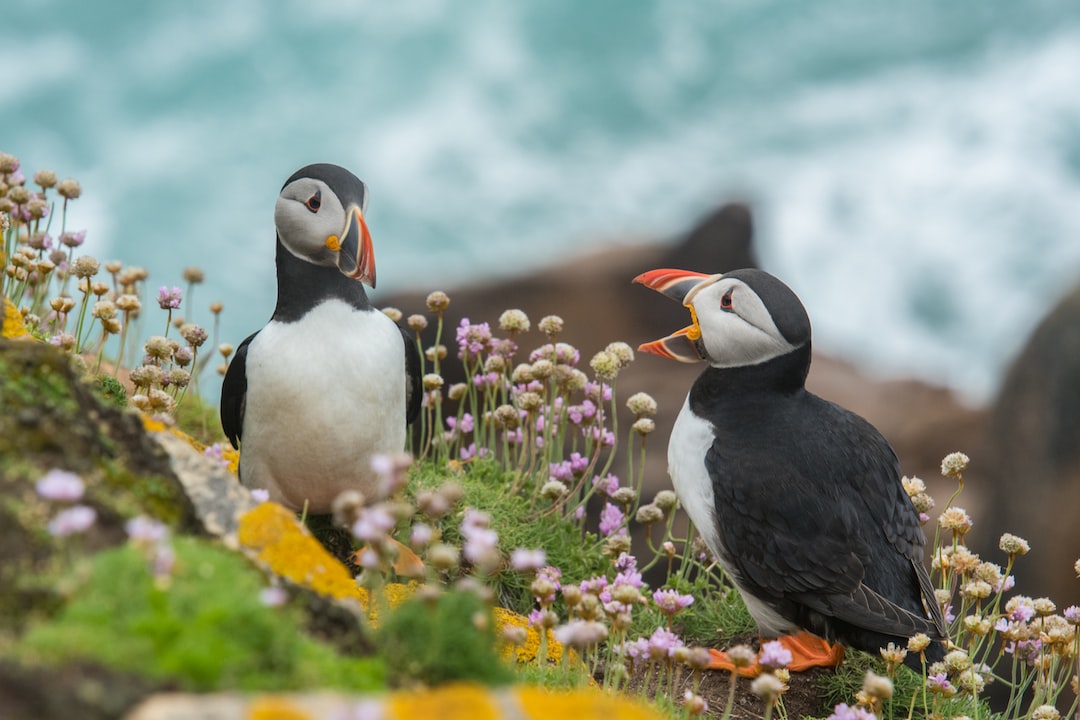The Origins and Evolution of Domesticated Animals: From Wolves to Dogs
Humans and animals have had a long-standing relationship since ancient times. Among the most fascinating cases of this bond is the domestication of animals, particularly the transformation of wolves into the beloved dogs we know today. This process has shaped both human and animal history, and studying its origins and evolution sheds light on the remarkable journey that these animals have made.
The domestication of animals can be traced back around 15,000 years ago, during the Neolithic period, characterized by the transition from nomadic hunting and gathering to settled farming communities. It is believed that wolves, the ancestors of modern dogs, began exhibiting behaviors that made them more amenable to human contact. Some of these changes include reduced aggression, increased sociability, and adaptation to a more varied diet. This gradual transformation eventually led to their integration into human societies.
One theory proposed by researchers is that the domestication process began when humans unintentionally attracted wolves to their settlements. As early humans formed agricultural communities, they generated a surplus of food that attracted various scavengers, including wolves. These opportunistic hunters gradually became tolerant of human presence and started to rely more on acquiring food resources from these settlements, eventually leading to mutual benefits for both species.
Over time, humans recognized the usefulness of these animals in hunting, guarding, and companionship. Selective breeding was perhaps the most crucial step in the process of transforming wolves into dogs. Humans began breeding animals with desirable traits, such as friendliness, loyalty, and obedience, while eliminating aggressive or undesirable characteristics. This artificial selection led to a significant divergence from the original wolf ancestors, resulting in the wide variety of dog breeds we see today.
The domestication of animals had a profound impact on human civilization. Dogs, in particular, played a vital role in various aspects of human life. They were used for hunting, herding, guarding, and even as beasts of burden. In some ancient cultures, they were even regarded as sacred beings. Dogs truly became an integral part of human communities, serving as loyal companions and helpers throughout history.
As generations passed, the bond between humans and domesticated dogs grew stronger. The selective breeding continued, leading to more specialized dog breeds, tailored for specific purposes such as hunting, herding, or companionship. Dogs began to exhibit a wide range of shapes, sizes, coats, and temperaments, each suited for different tasks and human environments.
Today, dogs have evolved beyond mere working animals. They have become beloved pets and family members for millions of people worldwide. The bond between humans and dogs is incredibly strong and mutually beneficial. Scientific research has even shown that interacting with dogs can have positive effects on human well-being. The special bond formed between humans and dogs is a testament to the successful domestication and evolution of these remarkable animals.
In conclusion, the origins and evolution of domesticated animals, specifically the transformation of wolves into dogs, has greatly influenced human history and shaped the modern world. The gradual domestication process, born out of mutual benefits and selective breeding, transformed wolves into trusted companions and working animals. Today, the bond between humans and dogs is a testament to the power of this remarkable journey from the wild to domestication.

